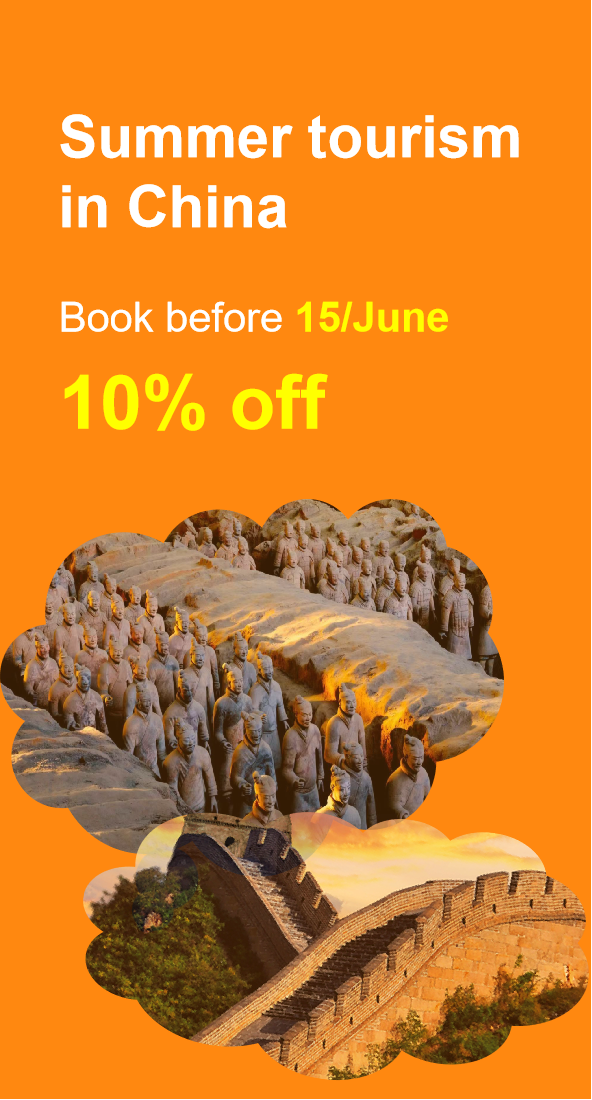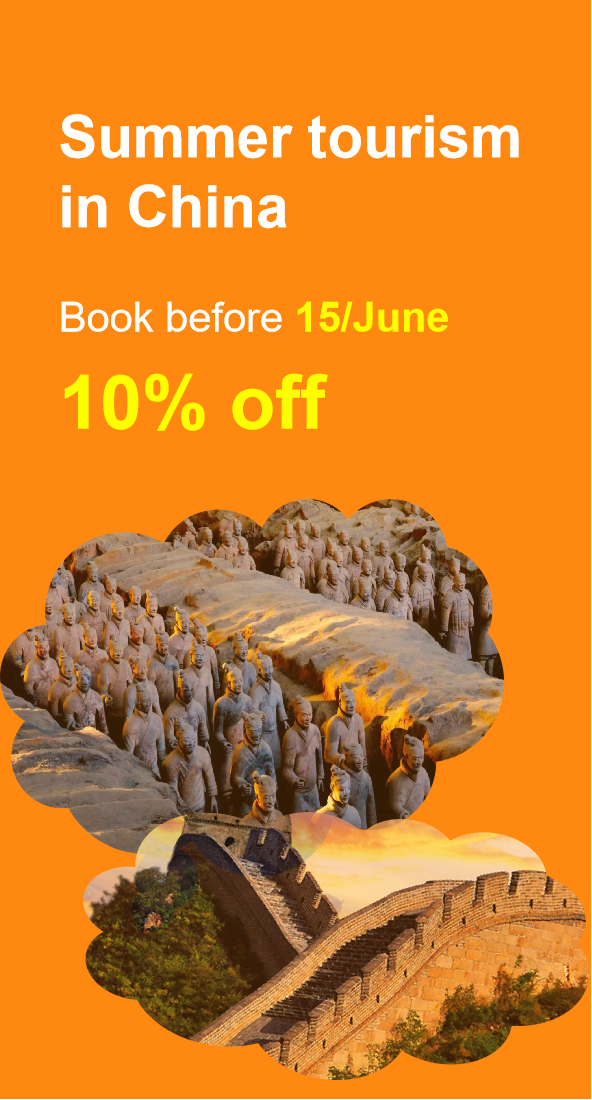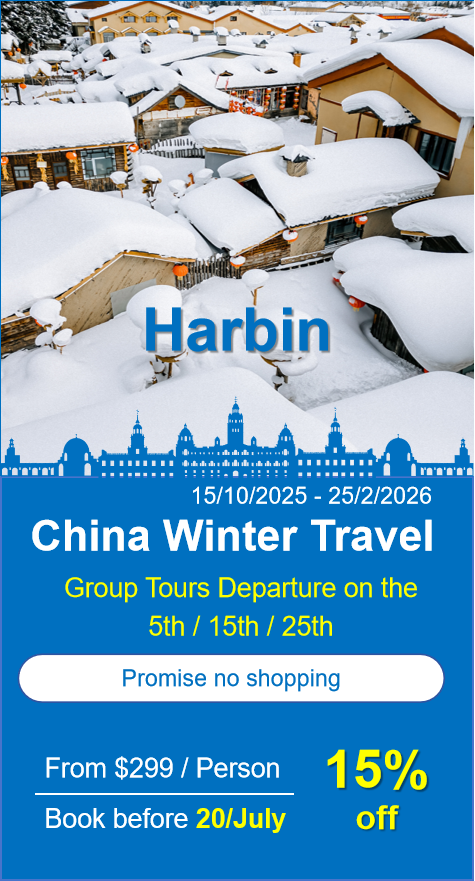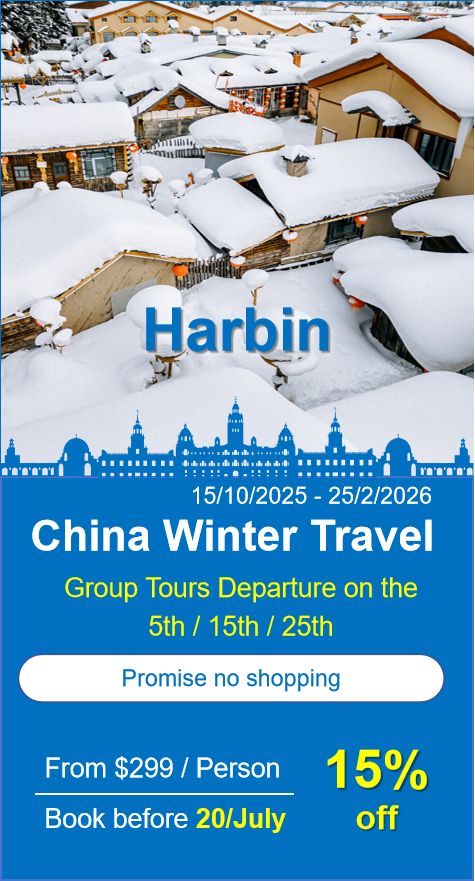Qingming Festival
Qingming Festival: China’s Timeless Tribute to Ancestors and Renewal

The Qingming Festival (Qīngmíng Jié), also known as Tomb-Sweeping Day, is a profound cornerstone of Chinese culture, blending reverence for ancestors with the vibrant energy of spring. Falling on the 15th day after the Spring Equinox (April 4 or 5 in the Gregorian calendar), it marks a time when families honor the past while embracing nature’s renewal. For travelers, Qingming offers a sensory journey through misty hillsides, fragrant incense, and time-honored rituals that bridge earth and sky. Below, we explore its ancient origins, regional customs, and the enduring spirit of connection it fosters.
 Dates & Public Holidays: A Springtime Pilgrimage
Dates & Public Holidays: A Springtime Pilgrimage
▶ Lunar Date & Seasonal Significance
The festival occurs in early April, coinciding with the Qingming solar term, when temperatures rise and rainfall nourishes crops. Families venture outdoors to tend to graves, offer sacrifices, and celebrate life’s continuity amid blooming willows and cherry blossoms.
▶ 2025 Key Dates
- Gregorian Date: April 5, 2025
- Note: Qingming is a national public holiday in China, with schools and businesses closing for 1–3 days to facilitate travel and rituals.
▶ Public Holiday Schedule (2025–2029)
| Year | Gregorian Date | Peak Celebration Period |
|---|---|---|
| 2025 | April 4–6 | April 4–7 |
| 2026 | April 20–22 | April 19–22 |
| 2027 | April 5–7 | April 4–7 |
| 2028 | April 20–22 | April 19–22 |
| 2029 | April 5–7 | April 4–7 |
 Core Traditions & Celebrations: From Ancestral Worship to Spring Outings
Core Traditions & Celebrations: From Ancestral Worship to Spring Outings
▶ Tomb Sweeping: Honoring the Past
- Symbolism: Families clean gravesites, offer food, wine, and joss sticks, and burn paper money to ensure ancestors’ comfort in the afterlife.
- Modern Twist: Eco-friendly alternatives like fresh flowers or digital tributes gain popularity.

▶ Willow Branches: Guardians Against Evil
- Origins: Ancient belief that willow branches repel ghosts and disease.
- Ritual: Wear willow sprigs on hats or place them above doorways for protection.
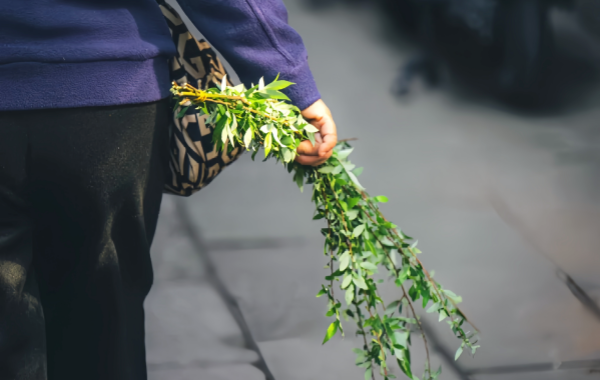
▶ Kite Flying: Soaring with Hope
- History: Originated as a military signaling tool, later became a Qingming pastime.
- Modern Custom: Cut kite strings to let wishes “carry to the heavens.”

▶ Spring Outings (Tāqing): Embracing Nature
- Poetic Roots: Inspired by Tang Dynasty poets who wrote of blooming peonies and flowing rivers.
- Activities: Picnics under blossoming trees, hiking, and boating on lakes like Hangzhou’s West Lake.
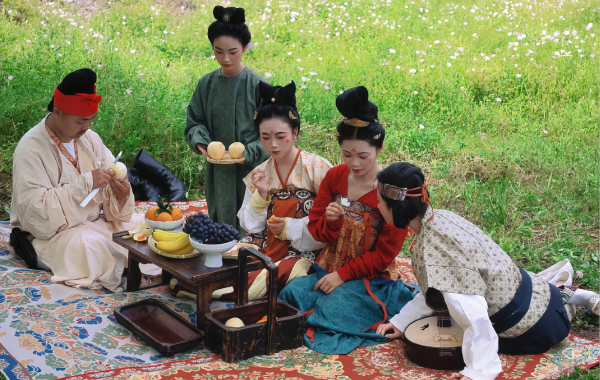
▶ Cuju: Ancient Football Revival
- Significance: A 2,000-year-old ball game played to celebrate renewal and physical vitality.
- Where to See: Cultural festivals in Luoyang or Xi’an.
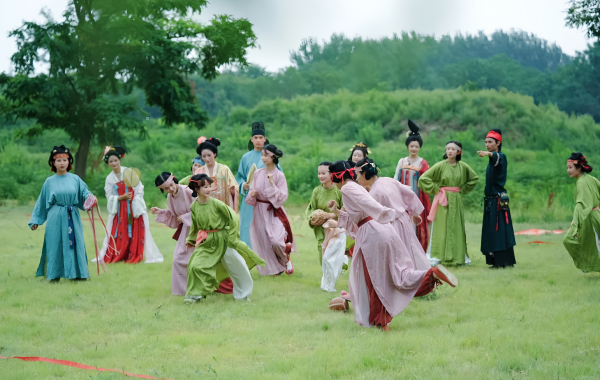
 The Legends of Qingming: Tales of Sacrifice and Renewal
The Legends of Qingming: Tales of Sacrifice and Renewal
▶ The Story of Jie Zitui
- Content: During the Spring and Autumn Period, loyal minister Jie Zitui sacrificed his own leg to feed his starving lord, Duke Wen. Years later, when Duke Wen sought to reward him, Jie hid in the mountains to avoid fame. The duke burned the forest to force him out, but Jie died with his mother. Overcome with grief, Duke Wen banned fire for three days, creating the Cold Food Festival (now merged with Qingming).
- Significance: A reminder of humility, loyalty, and the cost of ambition.
▶ The Ox-Herd and the Weaver Girl
- Content: A myth explaining Qingming’s placement between the Spring Equinox and Grain Rain. The Ox-Herd (representing farmers) and Weaver Girl (symbolizing silk production) reunite briefly, urging harmony between labor and creativity.
- Significance: Encourages balance in life and work.
 Culinary Delights: A Feast for the Living and the Departed
Culinary Delights: A Feast for the Living and the Departed
▶ Must-Try Dishes for International Travelers
- Qingtuan (Green Rice Balls): Sweet or savory glutinous rice dumplings dyed with mugwort or wheatgrass, symbolizing rebirth.
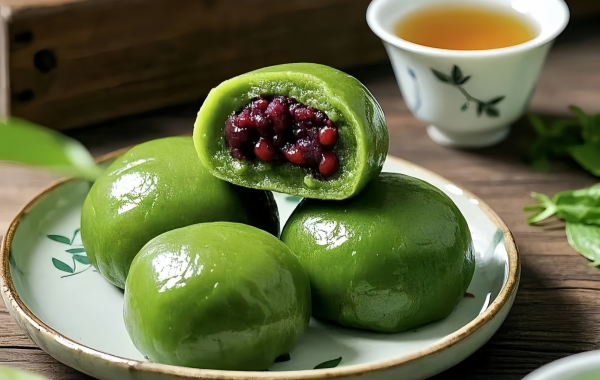
- Cold Dishes: Since Qingming overlaps with the Cold Food Festival, enjoy chilled specialties like:
- Liangban Huanggua (Marinated Cucumber Salad)
- Suanla Fen Si (Spicy Glass Noodles)
- Thin Pancakes (Chūnjuǎn): Rolled with eggs, scallions, and pickles, echoing spring’s freshness.
▶ Symbolic Foods & Their Meanings
- Eggs: Painted red for luck and eaten to ward off illness.
- Peaches: Represent longevity and immortality.
- Willow Buds: Eaten to prevent seasonal ailments.
 Traveling During Qingming: Tips & Destinations
Traveling During Qingming: Tips & Destinations
▶ Essential Travel Advice
- Avoid Peak Crowds: Visit gravesites early morning or opt for lesser-known cemeteries.
- Dress Lightly: Spring weather fluctuates; layer with a waterproof jacket.
- Respect Rituals: Stay quiet near gravesites and avoid photographing strangers’ offerings.
▶ Top 5 Destinations for International Visitors
- Xi’an, Shaanxi
- Mausoleum of Emperor Qin Shi Huang: Pay respects amid terracotta warriors.
- Huaqing Pool: Witness cherry blossoms reflected in ancient hot springs.
- Suzhou, Jiangsu
- Hanshan Temple: Attend morning chants beneath blooming magnolias.
- Tiger Hill: Fly kites over pagodas and pavilions.
- Lijiang, Yunnan
- Jade Dragon Snow Mountain: Hike with Naxi minority guides and share pine-scented incense.
- Huangshan, Anhui
- Misty Peaks: Stay in a cliffside inn and watch sunrise over ancestral graves.
- Hong Kong
- Chung Yeung Festival (Combined Observance): Hike Victoria Peak and offer peaches at temples.
▶ Hidden Gems Off the Beaten Path
- Jingning, Zhejiang: Join She minority communities in bamboo-weaving rituals.
- Tulufan, Xinjiang: Witness Uyghur families picnicking among apricot orchards.
- Qufu, Shandong: Pay respects at Confucius’s grave and taste “sage-inspired” Qingtuan.
 History & Cultural Evolution
History & Cultural Evolution
▶ Ancient Origins
- Zhou Dynasty (1046–256 BCE): Early spring rites to honor deities of soil and grain.
- Han Dynasty (206 BCE–220 CE): Tomb sweeping formalized, with emperors offering sacrifices at ancestral temples.
▶ Modern Adaptations
- Digital Tomb Sweeping: Apps like “Angel’s Wish” allow virtual offerings and candle lighting.
- Eco-Conscious Rituals: Biodegradable joss paper and solar-powered lanterns reduce environmental impact.
- Global Fusion: In San Francisco’s Chinatown, Qingming merges with Easter egg hunts for multicultural fun.
 Embrace the Whispers of Spring
Embrace the Whispers of Spring
Qingming is a dance between shadow and light—a time to remember the past while nurturing life’s endless renewal. Whether you’re sweeping ancestral graves, flying kites over emerald fields, or savoring the bittersweet tang of Qingtuan, the festival invites you to honor continuity, courage, and the quiet magic of spring. Come with an open heart—and a kite ready to catch the wind. Welcome to Qingming, where every step is a bridge between worlds.
What Our Clients Say?
Based on 10,000+ traveler reviews






